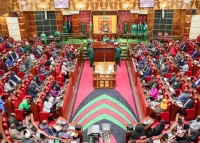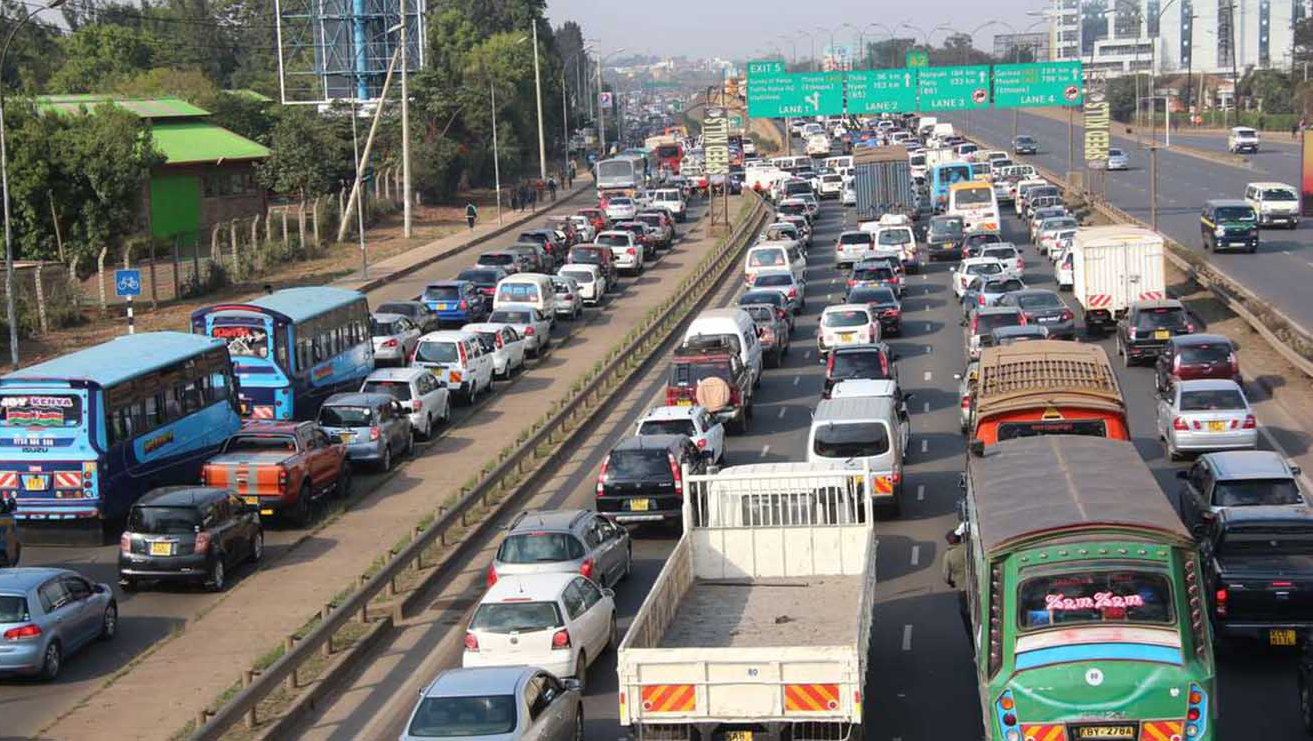Kenya’s economy is expected to remain subdued in 2023, growing at a projected 5%, pulled down by a persistent rise in commodity prices, global events and a high risk of debt distress.
However, there is an opportunity for the economy to register a remarkable upward trend if the government focuses more on fiscal consolidation efforts that include cutting back on non-priority expenditures to increase investment and help tame runaway inflation.
The findings were revealed in a report titled Macro-Fiscal Analytic Snapshot 2022/23, released by the Institute of Public Finance (IPF) in collaboration with the Oxford Policy Management (OPM).
The report also indicates that the deferment of fiscal consolidation in 2020 and 2021 made it difficult for the country to attain the necessary economic stability and resulted in the move from “medium: to “high risk” of debt distress.
Speaking during the official launch of the report, James Muraguri, the Chief Executive Officer of IPF noted that while there have been efforts by the current government to tighten its fiscal policy, more needs to be done in terms of cushioning Kenyans against the runaway inflation, effects of the Russian-Ukraine war and the depreciating value of the Kenyan shilling against the US Dollar.
“The last two years saw the government set revenue and fiscal deficit targets that were overly ambitious. With limited buffers against external shocks, the government is finding itself in a tight spot as it tries to navigate the global tightening of the monetary policy and rising debt interest payments. With this in mind, we expect a change in policy direction focusing more on fiscal policy coordination to address surging price levels, cushion citizens facing hunger and starvation and the successful distribution of subsidized fertilizer during the upcoming long rains,” Mr Muraguri said.
On donor support, the report notes that it has been on a fluctuating trend between 2016 and 2020. While there was an increase in total Official development assistance (ODA) disbursement in the years 2017, 2019, and 2020, of 12%, 21%, and 24%, respectively, the increase was because of expanded assistance to the education sector, health sector, WASH, production, and the humanitarian sector. However, there has been a decline in support for the economic infrastructure and services sector post-pandemic, partly because of a change in commitment from the financing partners.
Toward this end, there is a need for the government to shift from donor reliance and to develop a domestic resource mobilisation strategy to bridge the budget gaps currently being witnessed. Lower borrowing should also create space for private sector credit and higher investment in health, agriculture and education sectors which are critical pillars for long-term economic growth.
The Institute of Public Finance (IPF) also reckons that some of the key focus areas likely to shape economic performance during the current budget cycle include; The need to ease fiscal pressure through budgetary consolidation, Harmonisation of revenue measures, Level of debt distress, Support to the agriculture sector, Reorganization of the health budgets as well as the performance of the County Governments.
“Our projections point to some pain for the local Mwananchi especially in the shorter term as the government continues to implement its macro-stability agenda. Sustained poverty reduction and growth over the next few years is possible if the government makes good its intentions to support the manufacturing and export sectors,” Mr Muraguri added.
Read: Japanese Tycoon Yasuaki Kagami Bets Billions On Kenya’s Oil Economy
>>> James Mwangi’s New 4-Point Plan to Transform Africa’s Economy












![Uhuru and Ruto during their Tano Tena campaign. The Kenyan economy is on its deathbed overseen by the two as theft of public resources at all levels of government threatens the country’s survival. [Photo/BT]](https://businesstoday.co.ke/wp-content/uploads/2019/10/Uhuruto_Madam-Magazine-Kenya.jpg)
Leave a comment